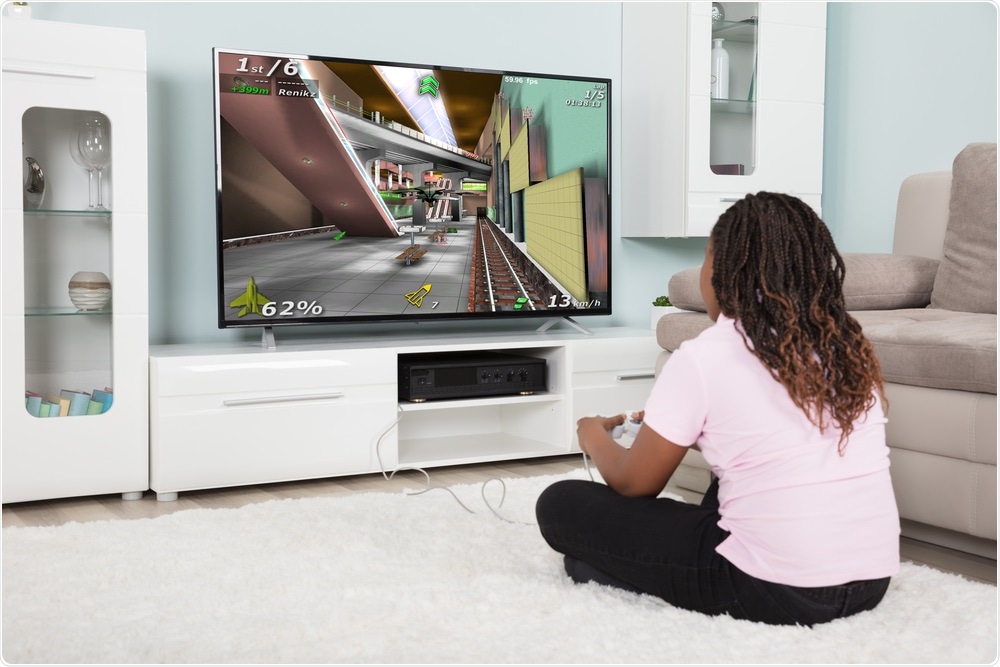GPs in the UK will now be able to refer young people to a clinic that has been established in order to address the recently defined ‘gaming disorder’, a health problem that has been seen to impact the lives of a rapidly increasing number of children and adolescents.
 Andrey_Popov | Shutterstock
Andrey_Popov | Shutterstock
Gaming addiction now recognized as a health problem
The American Psychiatric Association's Diagnostic and Statistical Manual of Mental Disorders serves to define all known mental health problems. The latest issue that was published in 2013 did not have sufficient evidence to class gaming addiction as a unique mental disorder, however, it recognized the condition as a significant issue that requires further study.
The manual currently defines the problem as impacting mostly male adolescents aged between 12 and 20, characterized factors such as a preoccupation or obsession with gaming, resulting in the loss of interest in other activities and having a marked impact on the person’s life.
More recently, in 2018 the World Health Organization classified “gaming disorder” as a genuine medical condition for the first time. Encouraging health professionals and organizations to address this rapidly growing issue that is impacting the lives of teenagers worldwide.
UK’s first clinic opened
This autumn, the UK’s first clinic specialized in treating young people with gaming addictions is opening. From next Tuesday, UK healthcare professionals will be able to refer those whose lives are being detrimentally impacted by gaming addictions.
Opening as a section of the already established London based National Centre for Behavioural Addictions, the clinic will treat those aged between 13 and 25 both in person and through Skype consultations. It aims to address the growing problem facing our society that is seeing children’s mental health being harmed by excessive gaming.
Children who have gaming addictions often become socially isolated, can lack necessary hours of sleep due to playing through the night, and can have their educations threatened due to the inappropriate amount of time they dedicate to playing games.
The changing face of healthcare
The NHS chief executive, Simon Stevens, has highlighted that this step forward to address newly recognized health issues is a key feature in a working healthcare system. He comments that the challenges our society and children face in modern times are continually evolving, and the NHS is responding to this in order to provide the highest level of care.
Director of the NHS’s new Centre for Internet and Gaming Disorder, Dr. Henrietta Bowden-Jones, stresses that this issue must be taken seriously as it can significantly alter the lives of children suffering from gaming addiction.
The NHS is aiming to evolve and adapt to this growing issue, although there is no assurance that the new facility has the capacity to support the number of children who may require help in the UK.
Other countries are taking different routes to tackle the problem. South Korea, for example, has put a restriction on the hours that children under 16 can access online gaming, between 12 am and 6 am they are banned from playing. In addition, the technology company has set a restriction on the number of hours that children in China can spend each day playing certain games.
Gaming companies must have responsibility
Stevens also states that healthcare systems must not bare the burden of this emerging health crisis alone. He highlights that gaming companies must take responsibility for the impact their games are having on young people.
Currently, there is little safeguarding in place to protect children from the adverse effects of gaming. Stevens calls for this to be more of a priority, with systems in place to protect children we may see a reduction in the prevalence of the disorder.